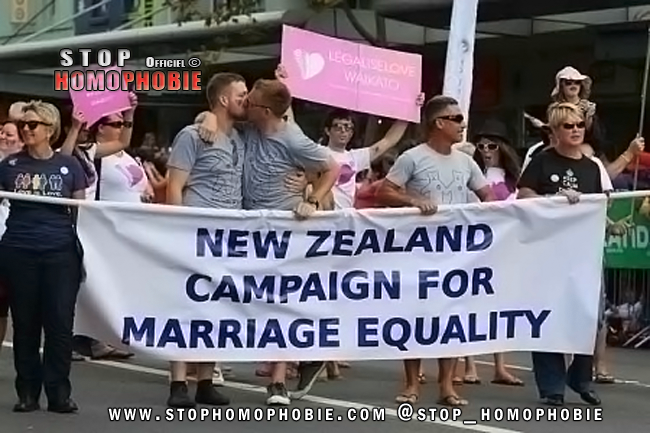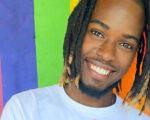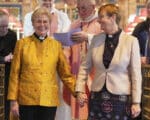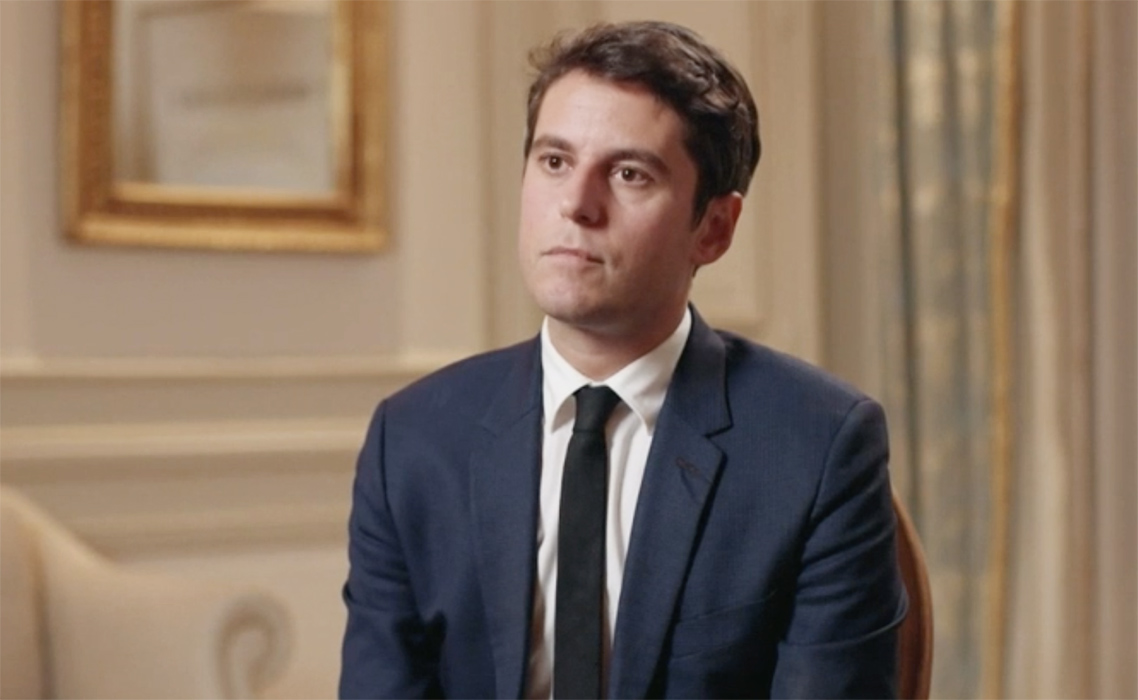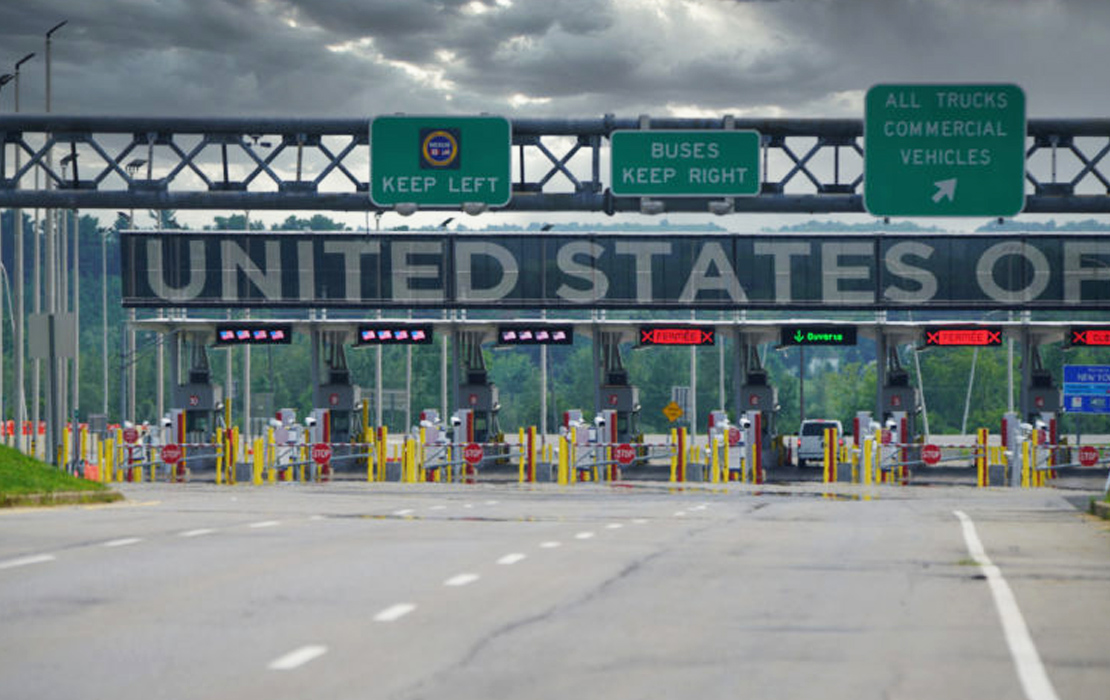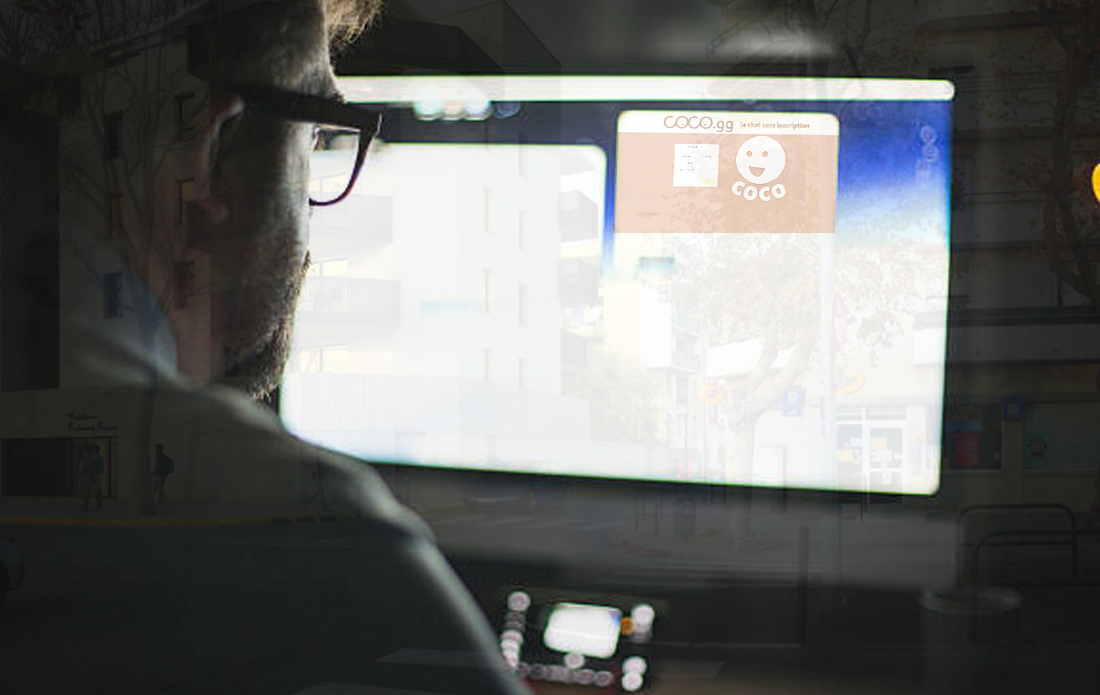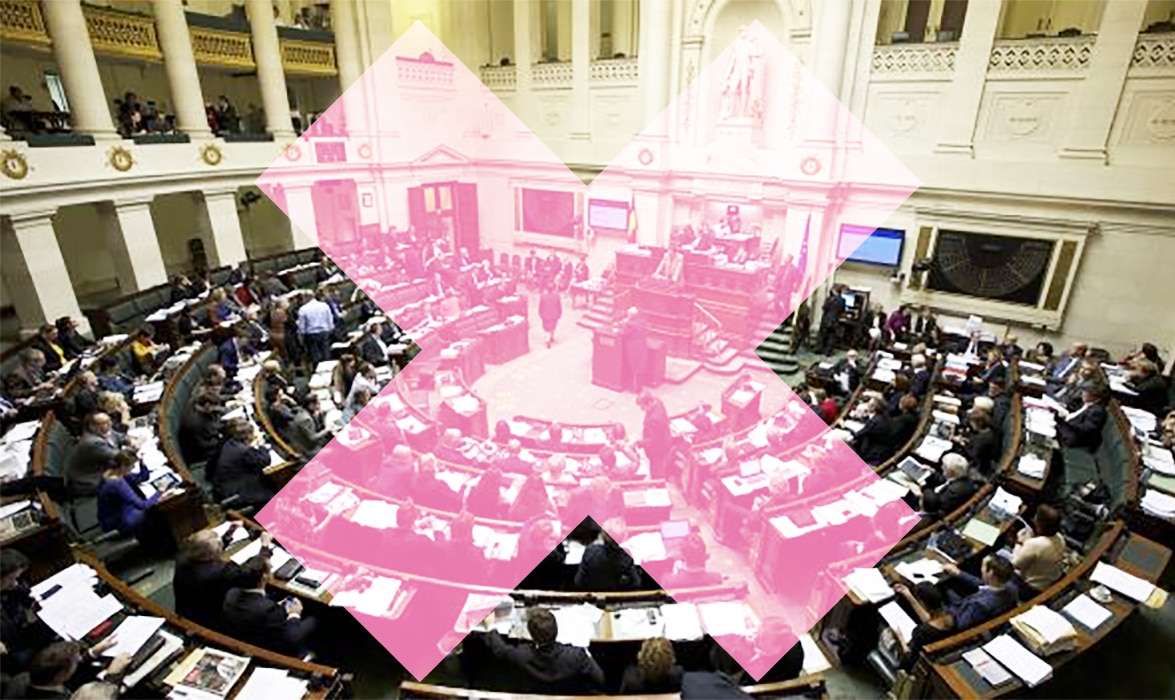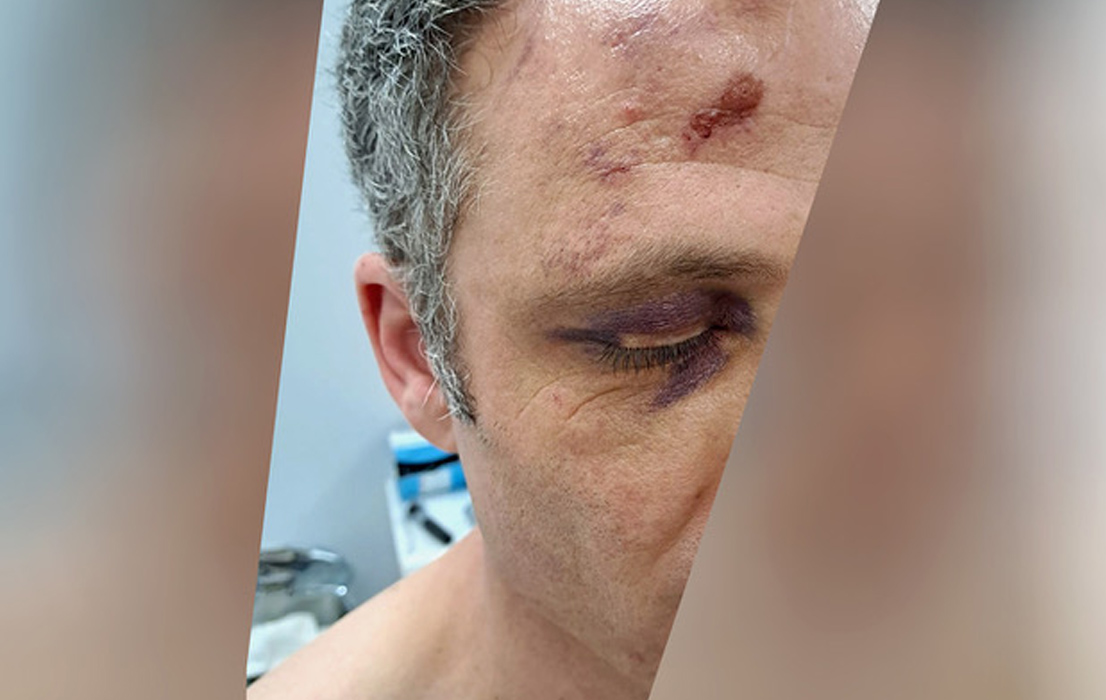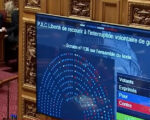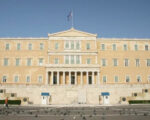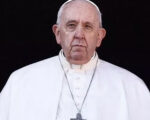Le parlement votera mercredi sur un texte amendant la loi sur le mariage de 1955. Il s’agit du troisième et dernier passage du texte devant les députés, qui devraient l’approuver à une large majorité. Lors du précédent passage, ils avaient été 77 à voter pour (dont le Premier ministre John Key) et 43 contre.
Le nouveau texte qualifie le mariage d'”union entre deux personnes quels que soient leur sexe, leur orientation sexuelle ou leur identité de genre“.
“Cela fera une grande différence”, a déclaré à l’AFP Joseph Habgood, coordonnateur de la campagne LegaliseLove (légalisez l’amour) à Wellington. “Pas seulement pour les couples qui veulent se marier mais aussi pour les jeunes qui ont des difficultés avec leur sexualité”.
Avec ce texte, “le Parlement lance un message qui dit: +on vous prend en compte, vous êtes égaux+”, a ajouté le militant.
Cette réforme a été promue par Louisa Wall, députée homosexuelle du Parti travailliste (centre gauche), qui estimait que l’institution du mariage devait être modernisée et ouverte à toutes les personnes.
“Si deux personnes s’aiment, se marient et s’engagent l’une vis-à-vis de l’autre pour le reste de leur vie, nous devons tous le célébrer”, avait-elle déclaré en 2012 en présentant le projet de loi.
Le texte a aussi rencontré une forte opposition, notamment du groupe Family First, qui accuse les responsables politiques de miner l’institution traditionnelle du mariage sous la pression des militants homosexuels.
“La définition du mariage doit rester conforme à la conception traditionnelle et ne pas être manipulée par la politique ou le politiquement correct”, estime Bob McCoskrie, coordonnateur de Family First.
La Nouvelle-Zélande a décriminalisé l’homosexualité en 1986 et autorise les unions civiles depuis 2005.
“Il y a encore peu, nous nous battions pour ne pas être considérés comme des criminels mais le soutien que nous avons reçu pour le mariage homosexuel nous fait chaud au coeur”, a déclaré Joseph Habgood. “Le monde est vraiment en train de changer”.
Plus de dix pays autorisent le mariage entre personnes de même sexe: ces dernières semaines, les Parlements de Grande-Bretagne et d’Uruguay ont tous deux approuvé un projet de loi allant dans ce sens. La plupart de ces pays autorisent également l’adoption par des couples homosexuels.
Les députés français débattent un projet qui doit ouvrir le mariage aux personnes de même sexe et autoriser l’adoption. La lecture du texte au sein des assemblées se déroule dans un climat tendu, en raison d’une forte opposition d’une partie de la population.
—— * ——
In English : New Zealand is poised to become the first Asia-Pacific nation to legalise same-sex marriage in a parliamentary vote that gay rights advocates on Tuesday hailed as a milestone for equality.
A bill that amends the 1955 Marriage Act to describe marriage as a union of two people regardless of their sex, sexuality or how they choose to identify their gender will have its third and final reading in parliament late Wednesday.
The proposal is set to pass convincingly after receiving widespread support during two previous debates – including backing from Prime Minister John Key – with the most recent vote last month running at 77 votes for and 43 against.
LegaliseLove Wellington co-ordinator Joseph Habgood said there was a festive mood in the country’s gay community, with nightclubs in the capital planning to screen the vote live and host parties marking the occasion.
“This will make a huge difference,” he told AFP. “Not only for couples who want to get married but also for young people who are struggling with their sexuality.
“This is parliament sending a message saying ‘you matter, you are equal’.”
Should the proposal pass, New Zealand will become the 13th nation globally and the first in the Asia-Pacific region to allow same-sex marriages, according to Human Rights Watch (HRW).
Australia rejected a similar proposal last September and the issue has prompted heated debate in the United States since President Barack Obama made support for same-sex unions a prominent part of his second-term agenda.
Britain and France both appear set to adopt gay marriage in coming months after rancorous scenes in Westminster and protests on the streets of Paris by both supporters and opponents of the measure.
The lawmaker behind the New Zealand reform is Louisa Wall, an openly gay member of the centre-left Labour Party who argues the institution of marriage needs to be updated to be more inclusive.
“For me, if two people love each other and marry and commit to each other for the rest of their lives, it should be something we all celebrate,” she said after submitting the bill last year.
However, there has been opposition to the move, including from the conservative Family First group, which accuses politicians of undermining traditional male-female marriage under pressure from the gay lobby.
“The definition of marriage should stay as traditionally and commonly conceived, not one manipulated by politics and political correctness,” Family First co-ordinator Bob McCoskrie said.
New Zealand decriminalised homosexuality in 1986 and since 2005 has allowed same-sex civil unions, which enjoy the same rights and obligations as a marriage involving opposite-sex couples.
“It was only a short time ago that we were fighting not to be treated as criminals but we’ve been heartened by the high levels of support we’ve received (for gay marriage),” Habgood said.
“It’s a sign that the world really is changing.”
HRW lists the countries that currently allow same-sex marriage as The Netherlands, Belgium, Canada, South Africa, Argentina, Spain, Portugal, Norway, Sweden, Denmark, Iceland and Uruguay, which changed the law this month.
(Source AFP)


